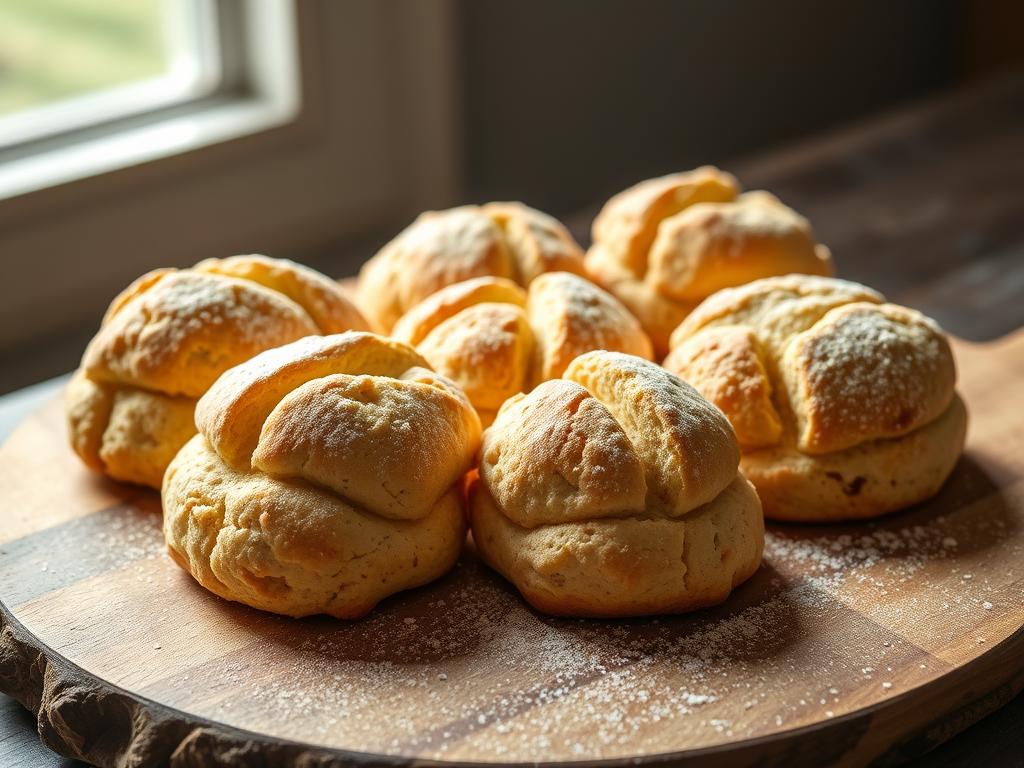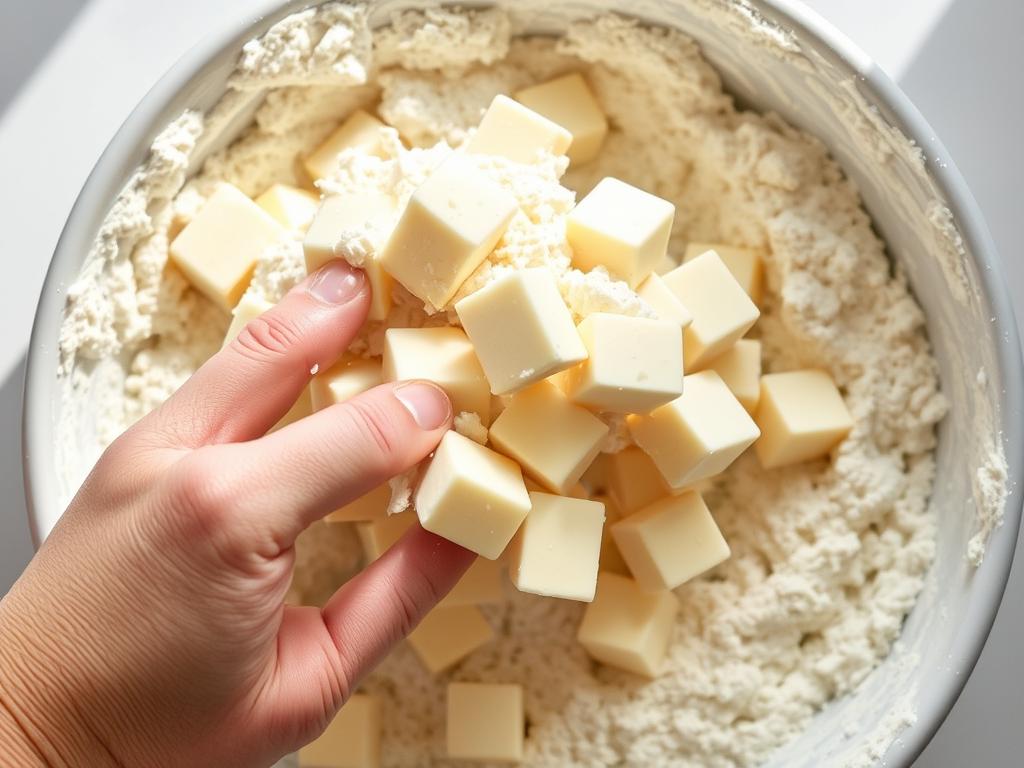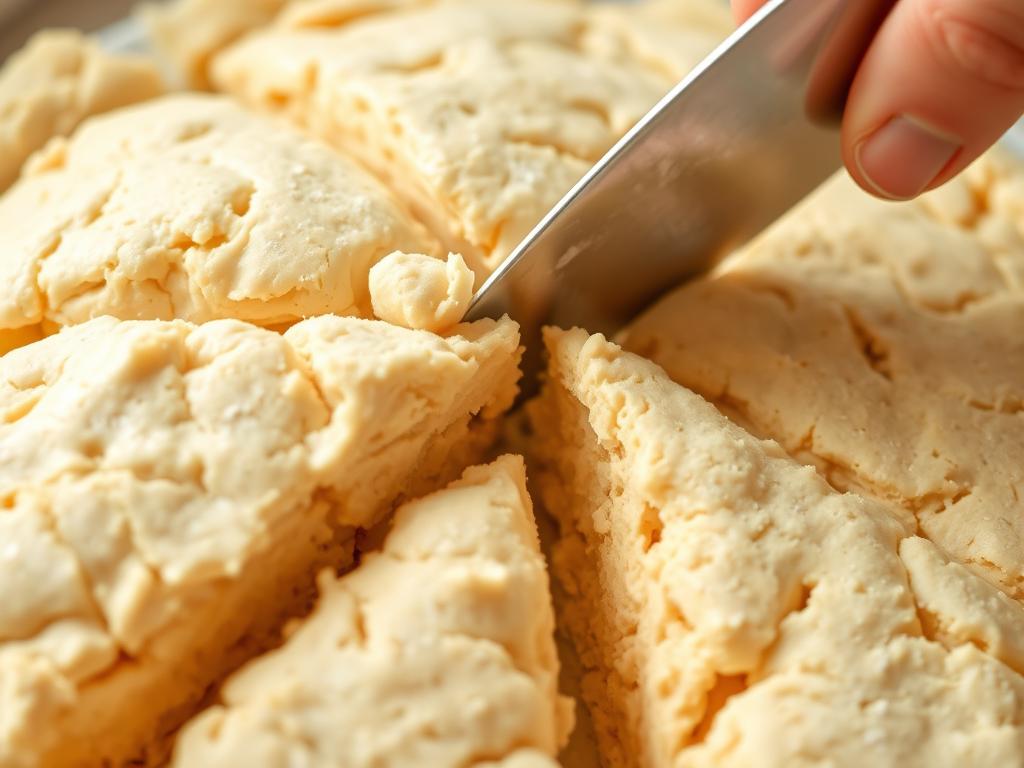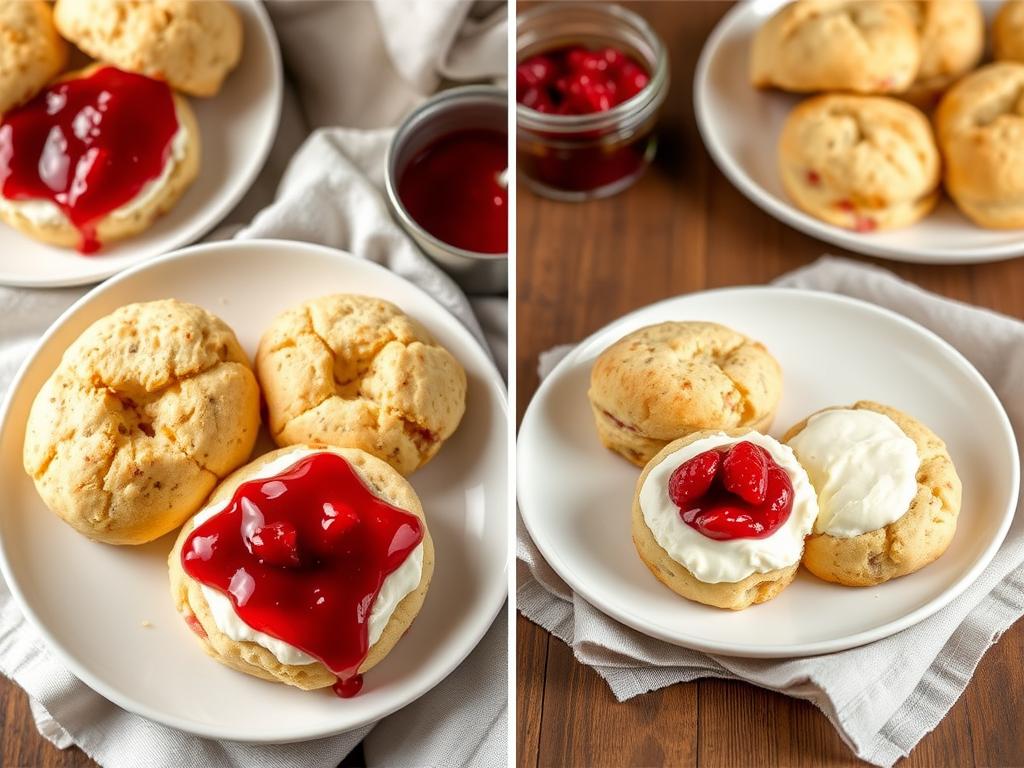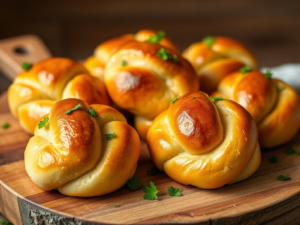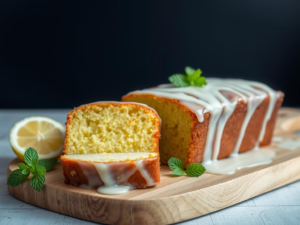How To Bake Scones That Are Flaky And Not Dry
Introduction
Forget dry, crumbly scones! This recipe is your secret weapon for achieving perfectly flaky, tender scones every single time. We’ll unlock the techniques that ensure a moist, melt-in-your-mouth texture, leaving you with scones that are as delightful as they are beautiful. Get ready to impress your friends and family with these irresistible treats!
Why You’ll Love This How To Bake Scones That Are Flaky And Not Dry
This recipe simplifies the often-daunting task of scone-making, providing clear instructions and helpful tips to guarantee success. The secret lies in the precise handling of the dough, ensuring minimal kneading and a perfect balance of moisture and fat. The result? Scones that are incredibly flaky, delightfully light, and bursting with flavor, perfect for any occasion.
Essential Ingredients for How To Bake Scones That Are Flaky And Not Dry
This recipe uses simple, everyday ingredients, but the key is in their careful combination and handling. Let’s get started!
- 2 1/2 cups cups All-purpose flour
- 1/4 cup cup granulated sugar
- 4 tsp teaspoons baking powder
- 1/2 tsp teaspoon salt
- 1/2 cup cup (1 stick) cold unsalted butter, cut into small cubes
- 1 1/4 cups cups heavy cream, cold
- 1 large egg, beaten (for egg wash, optional)
- Optional: Coarse sugar for sprinkling
Let’s Make How To Bake Scones That Are Flaky And Not Dry Together!
Let’s get baking those delicious scones!
You Must Know Before You Start
Keep your butter and cream incredibly cold! This is crucial for achieving a flaky texture. Also, don’t overmix the dough; a few gentle folds are all you need. Overmixing will develop the gluten and result in tough scones.
Add Your Touch (Variations & Customizations)
Feel free to experiment and make these scones your own!
- Add Dried Fruit & Nuts: Incorporate 1/2 cup of dried cranberries, raisins, or chopped nuts into the dough for added texture and flavor.
- Citrus Zest: Add the zest of one lemon or orange for a bright, refreshing twist.
- Herbs: Mix in 1 tablespoon of chopped fresh rosemary or thyme for an savory option.
- Glaze: Brush the baked scones with a simple glaze made from powdered sugar and milk or lemon juice.
Instructions
-
- Preheat your oven to 400°F (200°C). Line a baking sheet with parchment paper.
- In a large bowl, whisk together the flour, sugar, baking powder, and salt. Cut in the cold butter using a pastry blender or your fingertips until the mixture resembles coarse crumbs.
- Gradually add the cold heavy cream, mixing gently with a fork until the dough just comes together. Do not overmix.
- Turn the dough out onto a lightly floured surface and gently pat it into a 1-inch thick circle. Use a sharp knife or a biscuit cutter to cut the dough into 8 wedges.
- Place the scones onto the prepared baking sheet, leaving a little space between each one. Brush the tops with beaten egg (optional) and sprinkle with coarse sugar (optional).
- Bake for 12-15 minutes, or until the scones are golden brown and sound hollow when tapped on the bottom.
- Let the scones cool on the baking sheet for a few minutes before serving.
Chef’s Helpful Tips for Perfect How To Bake Scones That Are Flaky And Not Dry
For extra flaky scones, chill the dough for at least 30 minutes before baking. Store leftover scones in an airtight container at room temperature for up to 2 days or freeze for longer storage.
- Use very cold ingredients for the flakiest texture.
- Don’t overwork the dough; handle it gently.
Nutrition Facts (Approximate)
Please note: Nutritional information is an estimate and can vary based on ingredients and serving size.
- Serving Size: 1 scone
- Calories: 250 kcal
- Protein: 4g
- Fat: 14g
- Carbohydrates: 30g
This recipe is a good source of fiber.
Frequently Asked Questions (FAQ)
- Can I use other types of milk instead of heavy cream?
- While heavy cream yields the best results, you can try using buttermilk or whole milk, but the scones might be slightly less flaky.
- What if my scones are too dry?
- This is usually due to overbaking or using too little liquid. Next time, reduce baking time slightly or increase the amount of cream by a tablespoon or two.
- Can I make these scones ahead of time?
- Yes, you can make the dough ahead of time and chill it for up to 24 hours before baking. This can actually improve the flakiness.

